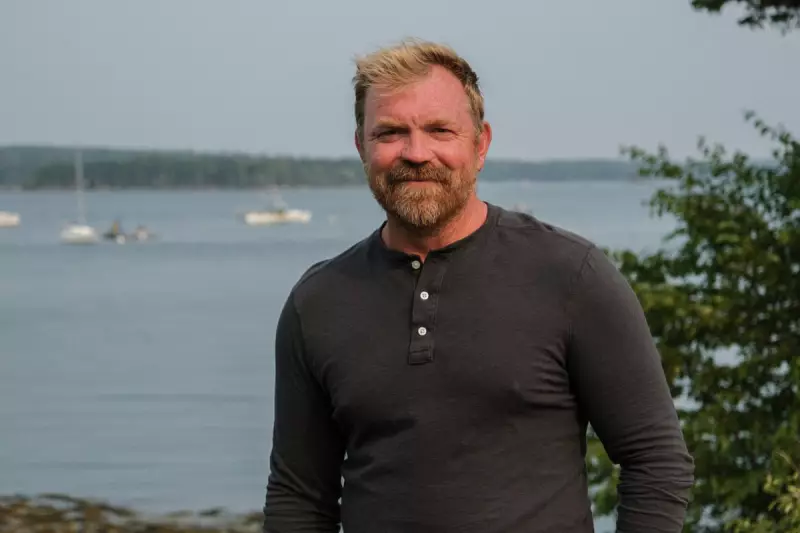
In a striking challenge to the political establishment, a fourth-generation Maine oysterman is trading his tidal flats for the campaign trail in a bid to unseat one of the US Senate's most prominent independents.
Graham Platner, a 46-year-old fisherman from Edgecomb, has launched an audacious campaign against Senator Angus King, the former two-term governor who has held the seat since 2013. Platner's platform is deeply rooted in his life on the water, focusing on the economic and environmental concerns of Maine's coastal communities.
A campaign born from the coastline
Platner's political awakening came not from partisan ideology but from practical necessity. Working the same Damariscotta River beds his family has tended for over a century, he witnessed firsthand the challenges facing Maine's fishing industry—from regulatory hurdles to environmental changes affecting shellfish populations.
"I've spent my life reading the water and weather," Platner told supporters at a recent dockside gathering. "Now I'm reading the political currents, and they're not flowing right for people like us."
An uphill battle against a political institution
The fisherman faces a formidable opponent in Senator King, who enjoys high name recognition and significant financial resources. Yet Platner believes his authentic connection to Maine's working communities gives him an advantage that political experience cannot match.
Rather than competing in a party primary, Platner is gathering signatures to appear on the ballot as an independent—a fitting approach in a state known for its political independence. His campaign strategy relies heavily on direct engagement, visiting diners, docks, and town halls across the state's extensive coastline.
The platform: Local issues, national implications
Platner's policy priorities reflect his background:
- Simplifying federal regulations for small-scale fisheries
- Addressing ocean acidification threatening shellfish populations
- Expanding broadband access to rural coastal communities
- Protworking working waterfronts from commercial development
- Reforming healthcare to better serve self-employed fishermen
Political analysts note that while Platner faces long odds, his campaign highlights growing frustration with political establishments and could influence the debate around issues critical to coastal states.
As one political science professor observed, "When a working fisherman decides to run against a sitting senator, it tells you something about the current political climate. People want representation that understands their daily struggles."
The coming months will test whether Maine voters are ready to send an oysterman to Washington—a possibility that, however remote, has already made waves in the political landscape.





